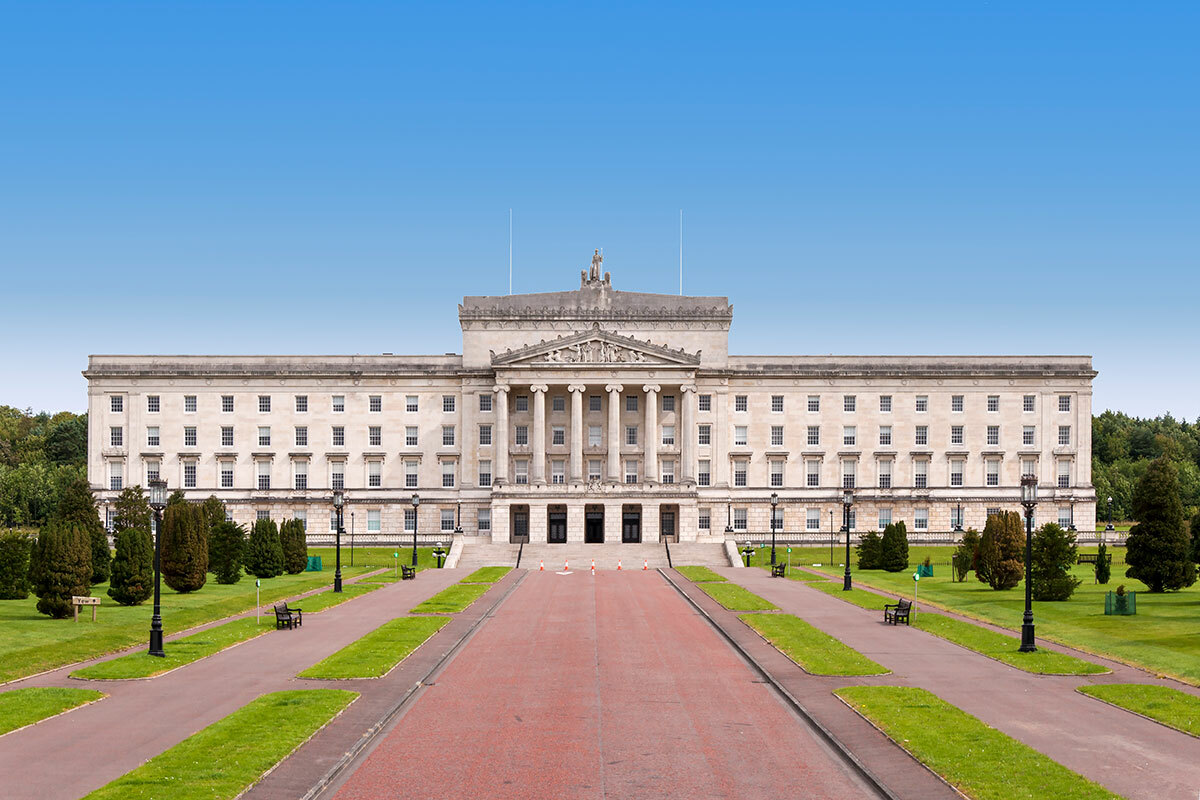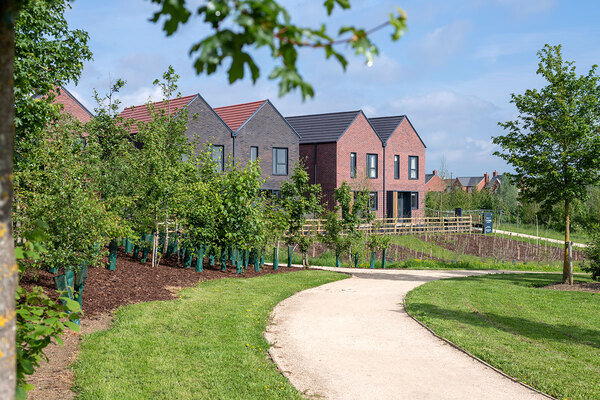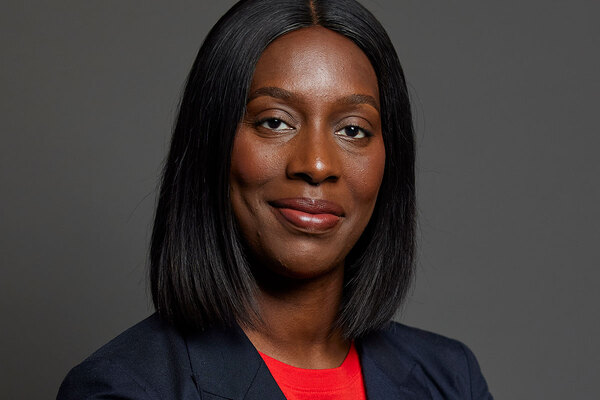Sinn Féin makes history ‘after promising biggest shake-up in housing for 50 years’
Sinn Féin has made history after becoming the first Irish nationalist party to win the most votes in a Northern Ireland Assembly election ever after promising the biggest housing shake-up in 50 years.
Sinn Féin became the largest party in Stormont following the election on 5 May after winning 27 seats, followed by the Democratic Unionist Party (DUP) which came in second after it dropped three seats to 25. The Alliance Party won 17 seats compared with eight in the last election.
Sinn Féin has described its housing plan as the “biggest shake-up of the housing system for over 50 years”. As part of this, it plans to deliver more than 100,000 homes over the next 15 years in urban and rural communities across the North.
Deirdre Hargey, communities minister and a Sinn Féin politician, unveiled this plan as part of the draft housing supply strategy in December. She said a third of the homes will be affordable.
Sinn Féin has also pledged to “revitalise” the Northern Ireland Housing Executive (NIHE), which owns and manages around 84,000 social homes in Northern Ireland – the vast majority of the region’s social housing.
In November 2020, ministers announced that the NIHE would undergo a restructure that could see its landlord and regional functions separated into two.
A reform of the landlord has been on the cards for years, but more recently a severe funding crisis has meant that it has no way to pay for the investment its huge housing stock requires.
A major part of the problem is that its current classification means it is unable to borrow without affecting the public balance sheet.
The 2020 announcement included plans for the NIHE to become a mutual, where employees and residents co-own the organisation, similar to some housing associations across the UK.
But in March last year, Ms Hargey appeared to row back on this proposal.
Sinn Féin intends to nominate its deputy leader Michelle O’Neill as Northern Ireland’s first nationalist first minister.
But the DUP, which has held the post since 2007, said it is not prepared to re-enter a power-sharing executive until its concerns about the Northern Ireland protocol are dealt with.
Sign up for our Northern Ireland bulletin
Already have an account? Click here to manage your newsletters












